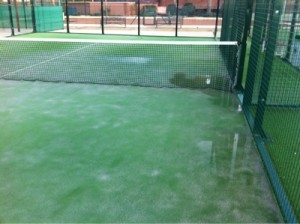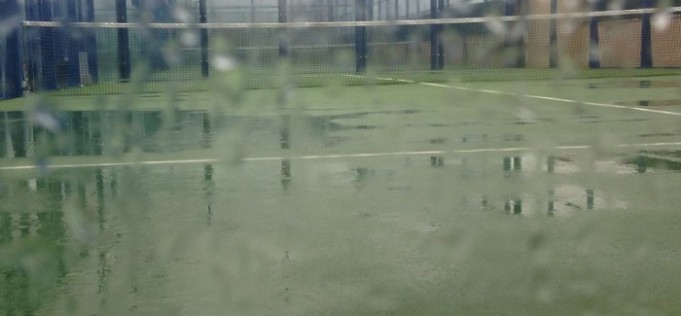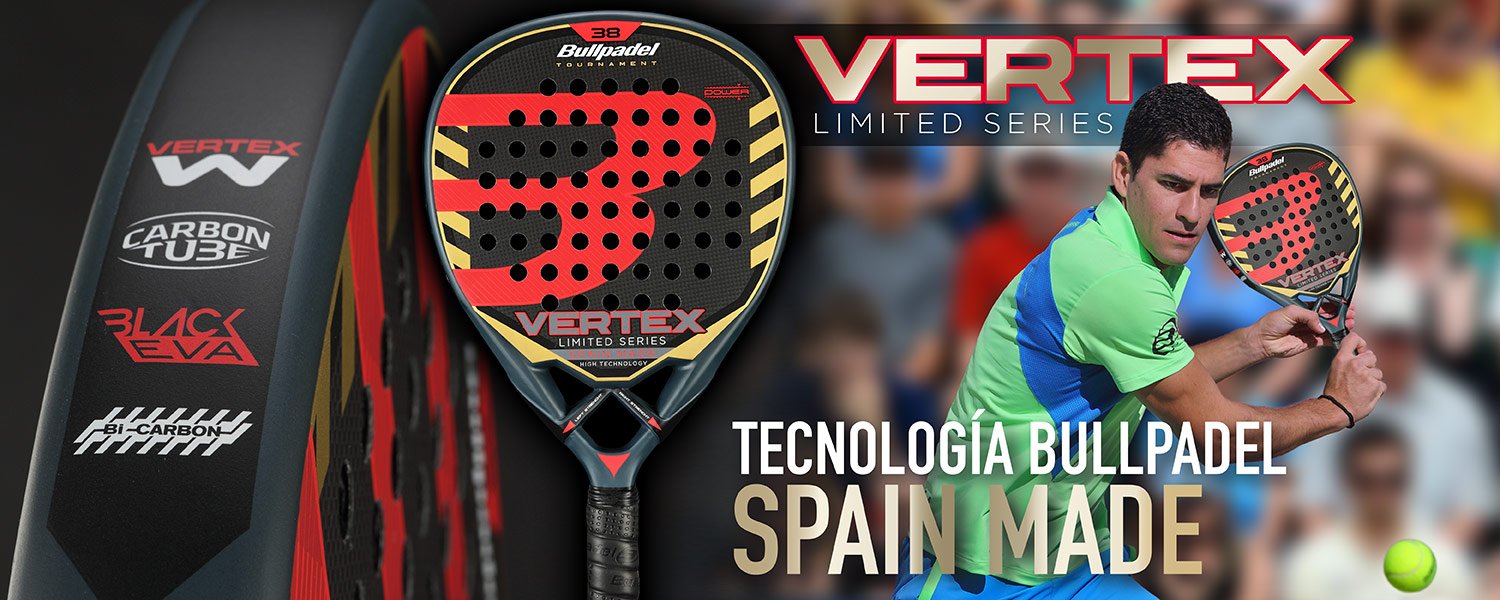In the northern hemisphere the spring has arrived. With the first rays of sun, we will be tempted to go play padel outdoor. But this does not guarantee perfect weather conditions to play padel; while the temperature is rising, the rain will stay around for a few more weeks. It is inevitable that you will need to deal with a wet floor and walls as well as with a heavy ball. How does this affect your match? How can you deal with these playing conditions? Is it possible to use them on your favour and win matches that you would otherwise have lost?
The influence of water on Padel


Low bounce and faster speed: As water accumulates on the grass, the ball will tend to bounce lower. Additionally, the ball will tend to move forward faster.
Heavier ball: the ball will absorb water. It will become “bigger” and heavier.
Slide down after wall bounce: When the ball bounces on the wall, it will get no “grip” on it. Therefore, the ball will bounce “unnaturally” downwards or extremely fast forward.
No grip on racket: Similar to the point above, the ball will slide on contact with the face of the racket. There will be no grip between the ball and the racket.
How to use this conditions to your favour and win
Hold the net: Defending under these conditions is very difficult; nearly impossible. Hold the net at any cost.
Volley firm and deep trying to reach the back or side walls: The ball will be very heavy. Make sure to hold your racket firmly. If you can give direction to the ball, make the ball bounce deep near the back or side wall to force your opponents to play via the wall, which will be challenging.
Play low: Bend your knees more than usual. Lower your center of gravity because the ball will always bounce low.
Avoid slide or top spin: Play plain. Slide and top spin will not work. Or even worse: if you use top spin the ball will go to the net. If you use slice, the ball will fly straight to the back wall of your opponent. Remember, there is no grip between the ball and the padel racket.
Anticipate any bounce on the wall: Needless to say that being the ball wet, the ball will bounce unnaturally. Anticipate any possible bounce of the ball on the balls. In other words, play mini-tennis!
Make the most of the service: returning the ball after a service that hits the side wall is very difficult. When serving, do it fast in the direction of the side wall of your opponent. Force him to play via the wall.
Be carefull when playing against the wall: If you need to hit the ball in the direction of your own wall, hit the ball softer than usual. Being the ball so heavy, this stroke will result in a very long lob.
*Norberto Nesi, trainer National Padel Team of Holland















